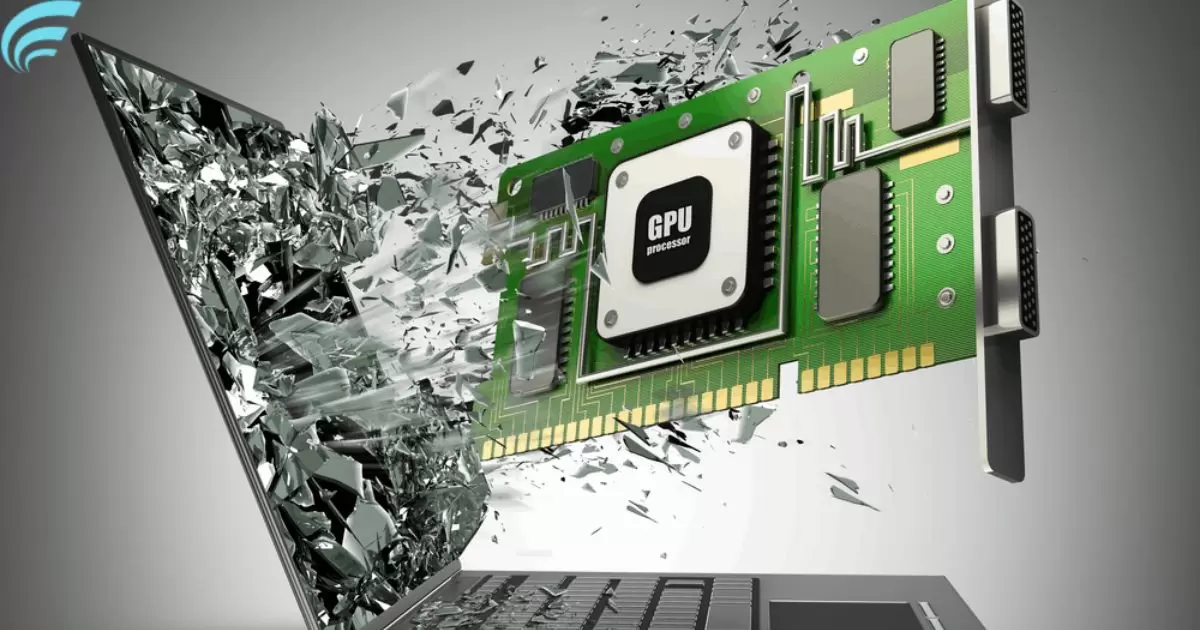A graphics card may keep crashing due to several reasons, such as overheating, outdated drivers, hardware issues, or software conflicts. These crashes can result in screen freezes or system instability, impacting your overall computing and gaming experience. Identifying and addressing the specific cause is essential to prevent further disruptions and maintain your graphics card’s performance.
Experiencing frustrating graphics card crashes? Discover the common culprits behind Why Does My Graphics Card Keep Crashing? and take control of your gaming and productivity. Explore solutions to enjoy seamless performance now.
Frequent crashes of a graphics card can occur due to various issues, such as overheating, outdated drivers, hardware malfunctions, or software conflicts. These crashes often result in screen freezes, system instability, and performance disruptions. Identifying the root cause is crucial to troubleshooting and resolving the problem for a smoother and more reliable computing and gaming experience.
Does Heavy Gaming Result In GPU Crashing
Heavy gaming can sometimes lead to GPU crashes, often due to excessive heat generated during intense gameplay. When the GPU temperature rises beyond its safe limit, it can trigger crashes or freezes. Outdated graphics drivers or unstable overclocking settings can also contribute to crashes during gameplay.
To prevent GPU crashing, it’s essential to maintain proper cooling and ventilation in your gaming setup, update your MSI Graphics Card drivers regularly, and avoid aggressive overclocking. Ensuring your hardware and software are in optimal condition can help you enjoy uninterrupted gaming experiences. Remember that while heavy gaming can stress your GPU, taking the right precautions can mitigate the risk of crashes..
How to Fix a Frequently Crashing Graphics Card
If you’re dealing with a frequently crashing graphics card, here are some steps to help resolve the issue:
Update Graphics Drivers
Outdated or incompatible drivers are a common culprit for crashes. Ensure you have the latest drivers installed for your graphics card. You can find these on the manufacturer’s website or use driver update software.
Monitor Temperature
Overheating can cause crashes. Ensure your graphics card is adequately cooled and free from dust. You may need to clean the fans or consider additional cooling solutions.
Check for Hardware Issues
Inspect your graphics card for physical damage or loose connections. Re-seat the card in its slot and verify that your power supply provides sufficient wattage.
Adjust Graphics Settings
Sometimes, graphics settings in games or applications can push your card too hard. Lowering graphics settings or resolution can help alleviate the stress on your graphics card and prevent crashes.
Power Supply Problems

Inadequate power supplies or faulty connectors can stress the graphics card and result in crashes. We’ll explore the significance of proper power delivery.
Software Conflicts
Software conflicts, including conflicting applications or settings, can wreak havoc on your graphics card. We’ll provide strategies for resolving these conflicts.
Software Troubleshooting
We’ll provide tips and tricks to troubleshoot software conflicts and restore system stability.
By following these steps, you can often identify and resolve the causes of frequent graphics card crashes, resulting in a more stable and enjoyable computing experience.
Recent Posts
Recent Posts is a section commonly found on websites or blogs, providing a list of the latest articles or content additions. It serves as a quick reference for visitors to explore the most current and relevant information. Here’s a simple table example:
| Title | Date |
|---|---|
| 10 Tips for Better Gaming | October 15, 2023 |
| The Future of AI in Healthcare | October 12, 2023 |
| Exploring Sustainable Energy | October 9, 2023 |
This table showcases the recent posts and their respective publication dates, helping users navigate the website’s most up-to-date content easily.
Preventive Measures and Best Practices
- Regular Maintenance: Learn the importance of routine system maintenance to keep your graphics card running smoothly.
- Monitoring : ToolsDiscover the usefulness of monitoring tools to keep an eye on your graphics card’s temperature and performance.
- Backups: We’ll emphasize the significance of regular backups to protect your data from unexpected crashes.
- Quality Assurance: Understand the role of quality assurance in choosing and assembling your PC components.
- Community Support: Find out how online communities and forums can provide valuable insights and support for graphics card issues.
FAQs
Can a graphics card crash damage other components on my PC?
In most cases, a graphics card crash should not damage other components. However, it’s essential to address the issue promptly to prevent potential problems.
How often should I clean my graphics card for optimal cooling?
Cleaning your graphics card every few months or when you notice an increase in temperature is a good practice to maintain optimal cooling.
What are some signs of a failing graphics card?
Signs of a failing graphics card can include artifacts on the screen, frequent crashes, and unusual visual glitches during gameplay.
Do graphics card crashes occur more frequently in certain games or applications?
Yes, graphics card crashes can be more common in specific games or applications due to their unique demands on the GPU.
Is it necessary to seek professional help for graphics card issues, or can I troubleshoot them on my own?
While many issues can be resolved by following troubleshooting guides, seeking professional help is advisable for complex hardware problems or if you’re unsure about the diagnosis.
Conclusion
In conclusion, address the question, Why Does My Graphics Card Keep Crashing? is essential for any computer user, especially gamers and professionals who rely on graphics-intensive tasks. The causes behind these crashes can vary from overheating to software conflicts, making it crucial to diagnose the issue accurately. By staying vigilant with regular driver updates, monitoring temperatures, and checking for hardware issues, users can prevent frustrating crashes and ensure their graphics card operates smoothly.
Seeking community support and professional assistance can be invaluable in resolving persistent problems. With these proactive measures, users can enjoy a stable and reliable computing experience while maximizing the potential of their graphics card.











